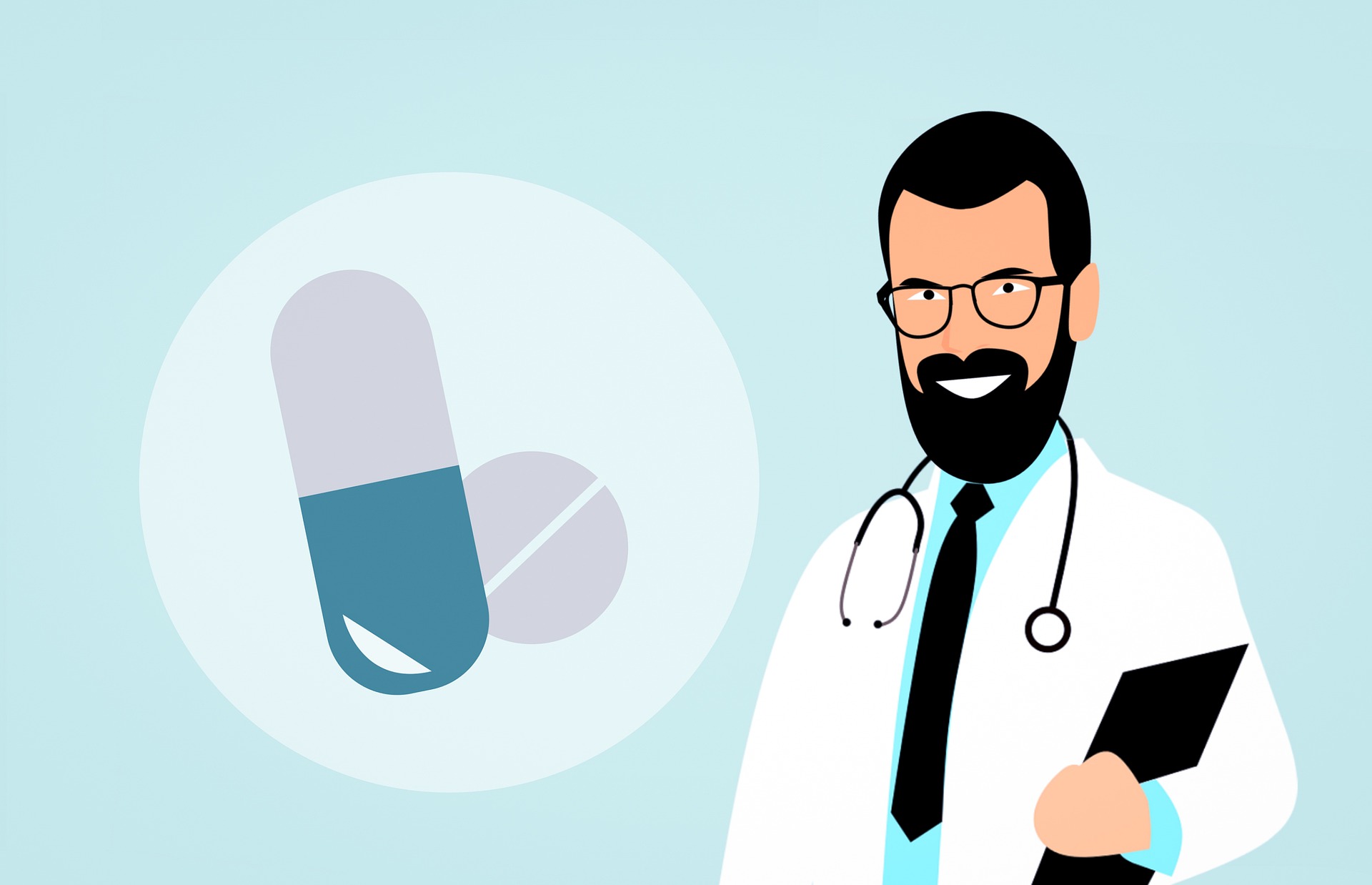The Role of Counseling in Addiction Recovery in New Jersey

Strong 8k brings an ultra-HD IPTV experience to your living room and your pocket.
Addiction recovery is a multifaceted process, requiring a combination of medical treatment, lifestyle changes, and emotional support. Counseling plays a vital role in this journey, offering individuals the tools and guidance to overcome their dependencies and rebuild their lives. In New Jersey, a state grappling with substance abuse challenges, counseling services are a cornerstone of effective recovery programs. Here's a closer look at how counseling impacts addiction recovery and the resources available in the Garden State.
Comprehensive Mental Health Services at NJ Psychotherapy Counseling Center
The NJ Psychotherapy Counseling Center is dedicated to providing high-quality mental health care to individuals, couples, and families across New Jersey. Our compassionate team of licensed therapists and counselors is committed to supporting clients through a variety of life’s challenges, including stress, anxiety, depression, and relationship issues.
Understanding the Role of Counseling in Addiction Recovery
Counseling in addiction recovery is about more than just addressing substance use; it involves exploring the underlying causes of addiction and equipping individuals with coping strategies. Counselors provide a safe, nonjudgmental space where individuals can share their struggles and develop actionable plans for change.
Counseling focuses on:
Identifying Triggers: Counselors help clients recognize the people, places, and situations that lead to substance use.
Developing Coping Strategies: Learning healthier ways to deal with stress and emotional pain is key to maintaining sobriety.
Building Support Networks: Counseling fosters connections with support groups and loved ones who encourage recovery.
By addressing the psychological and emotional aspects of addiction, counseling ensures a comprehensive approach to healing.
Types of Counseling in Addiction Recovery
Different forms of counseling are used in addiction treatment, each tailored to meet the unique needs of individuals. Common methods include:
Individual Therapy
One-on-one sessions allow counselors to focus on personal challenges, traumas, and mental health conditions contributing to addiction. Therapies like Cognitive Behavioral Therapy (CBT) are effective in helping clients reframe negative thought patterns.
Group Counseling
Group sessions provide a platform for individuals to share their experiences and learn from others facing similar struggles. In New Jersey, Alcoholics Anonymous (AA) and Narcotics Anonymous (NA) meetings are widely available and often serve as a form of group counseling.
Family Counseling
Addiction impacts not just the individual but their entire family. Family counseling helps repair relationships and equips loved ones with the tools to support recovery.
Holistic Approaches
Some New Jersey counseling centers incorporate alternative therapies, such as art therapy, mindfulness practices, and yoga, to address addiction from a holistic perspective.
The Benefits of Counseling in Addiction Recovery
Counseling offers numerous benefits, making it an essential component of addiction treatment:
Emotional Healing
Counselors guide individuals in processing emotions like guilt, shame, and anger, which often accompany addiction.
Relapse Prevention
Through education and strategy development, counseling reduces the risk of relapse, helping clients stay committed to sobriety.
Improved Mental Health
Many people with substance use disorders also struggle with mental health conditions like depression or anxiety. Counseling addresses these issues, promoting overall well-being.
Strengthened Relationships
Counseling helps rebuild trust and communication within families, creating a stronger support system for recovery.
The State of Addiction Recovery in New Jersey
New Jersey has taken significant strides in addressing substance abuse. With the opioid epidemic and rising rates of alcohol and drug addiction, the state offers various resources to help residents on their recovery journey. Some of the key services include:
Inpatient and Outpatient Programs
Facilities like the NJ Psychotherapy Counseling Center and other rehab centers provide both inpatient and outpatient counseling services. These programs cater to individuals with varying levels of addiction severity.
Community-Based Initiatives
Organizations like New Jersey Recovery Advocates and state-funded programs offer free or low-cost counseling services, ensuring access for all residents.
Telehealth Options
To make counseling more accessible, many providers in New Jersey now offer virtual therapy sessions, allowing individuals to receive support from the comfort of their homes.
How to Find Counseling Services in New Jersey
For individuals seeking help, several resources can guide them to effective counseling services:
State Resources
The New Jersey Department of Human Services provides a comprehensive directory of treatment providers, including counseling centers specializing in addiction recovery.
Insurance Providers
Health plans like Aetna and Optum Health often cover counseling services. It's essential to verify coverage details to minimize out-of-pocket expenses.
Local Support Groups
Many community centers and churches in New Jersey host support groups that complement formal counseling services.
Overcoming Stigma: A Key Challenge
Despite the availability of counseling services, stigma remains a barrier to seeking help. Many individuals fear judgment or discrimination due to their addiction. Efforts to normalize discussions around mental health and substance abuse are crucial in encouraging more people to pursue counseling.
New Jersey has made significant progress in destigmatizing addiction through public awareness campaigns and community outreach programs. These initiatives emphasize that addiction is a medical condition, not a moral failing, and recovery is possible with the right support.
Finding the Best Intensive Outpatient Program (IOP) Near You
What Is an Intensive Outpatient Program (IOP)?
An Intensive Outpatient Program (IOP) is a structured, therapy-driven treatment option designed for individuals struggling with mental health issues, substance abuse, or both. Unlike inpatient rehab, iop near me allows patients to live at home while attending regular therapy sessions, making it ideal for those who need support without full-time residential care.
Conclusion
Counseling is a powerful tool in addiction recovery, offering hope and healing to those struggling with substance use. In New Jersey, a wide array of counseling services is available to meet diverse needs, from individual therapy to family counseling and holistic approaches. As the state continues to combat the addiction crisis, investing in counseling and other supportive services remains essential. For anyone in New Jersey battling addiction, help is just a call or click away—recovery starts with reaching out.
Note: IndiBlogHub features both user-submitted and editorial content. We do not verify third-party contributions. Read our Disclaimer and Privacy Policyfor details.







